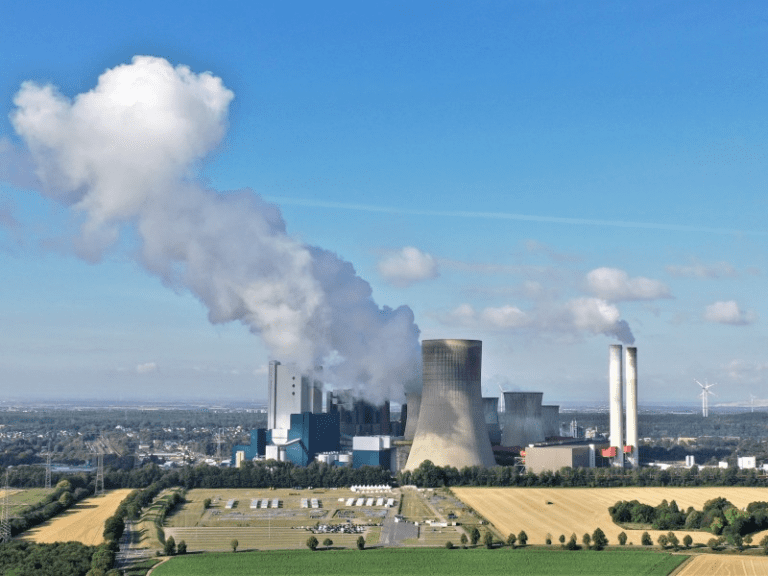APA-Addis Ababa (Ethiopia) Green House Gas emissions in Africa would grow faster over the next decades than in other parts of the world, a study conducted by United Nations Economic Commission for Africa (UNECA) revealed on Monday.
The study said although it is starting from a relatively low level, green house gas emissions in Africa could rise to nearly 12 percent by 2045 based on current trends.
The study was conducted against the backdrop of a growing need to consider the impact on the environment as the continent moves towards greater economic integration and take proactive measures to mitigate any impacts of climate change.
The study noted that implementation of the African Continental Free Trade Area (AfCFTA) could add pressure to climate change through increased manufacturing and transportation use, among others.
Analysis shows intra-African trade could be 35 percent higher in 2045 with AfCFTA agreement in place, as compared to without AfCFTA.
The AfCFTA, however, is believed to create opportunities for the continent to industrialize and transform through increased trade and it stands as a beacon of hope for fostering intra-African trade, economic integration and shared prosperity.
“About two-thirds of the absolute intra-African trade gains would benefit industrial sectors supporting economic transformation,” the study said.
Presenting the key findings at COP28 being underway at Dubai, United Arab Emirates , Simon Mevel, Economic Affairs Office at the ECA said adopting climate policies with AfCFTA could reduce GHG emissions by 25 percent while still increasing intra-African trade by 31-34 percent.
The study further showed continental coordination on climate policies through carbon pricing produces better outcomes than uncoordinated approaches like existing NDCs. This suggests African countries can provide an effective African-driven response to address climate change by working together.
MG/abj/APA


